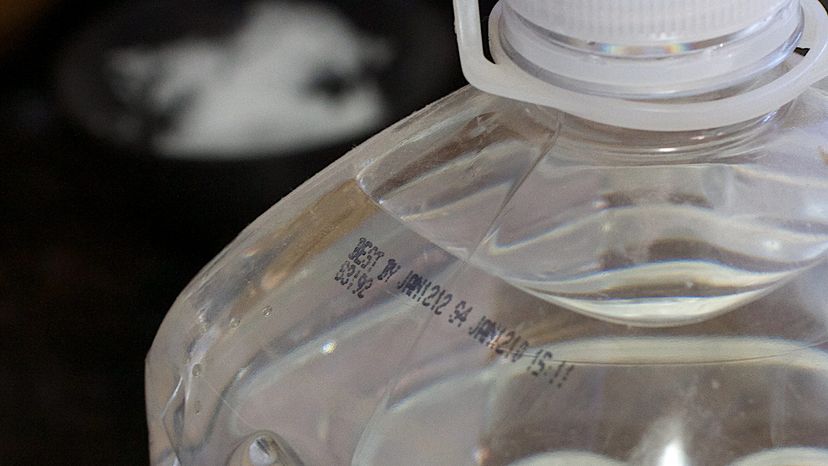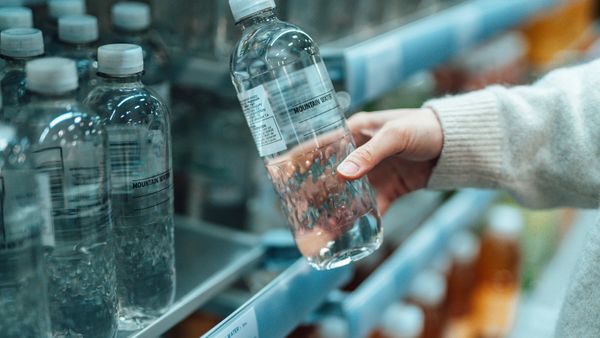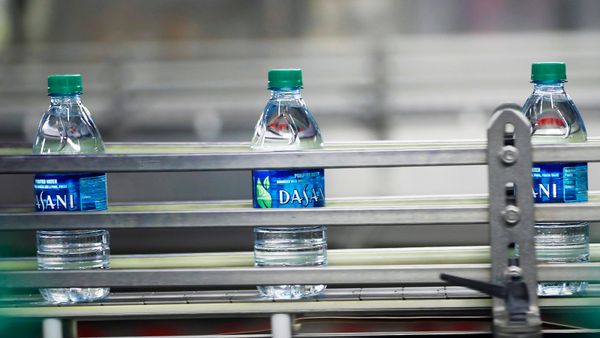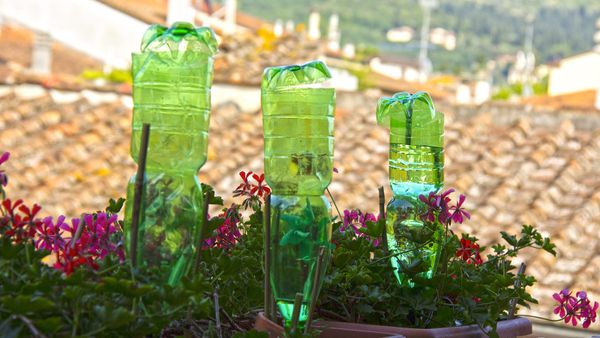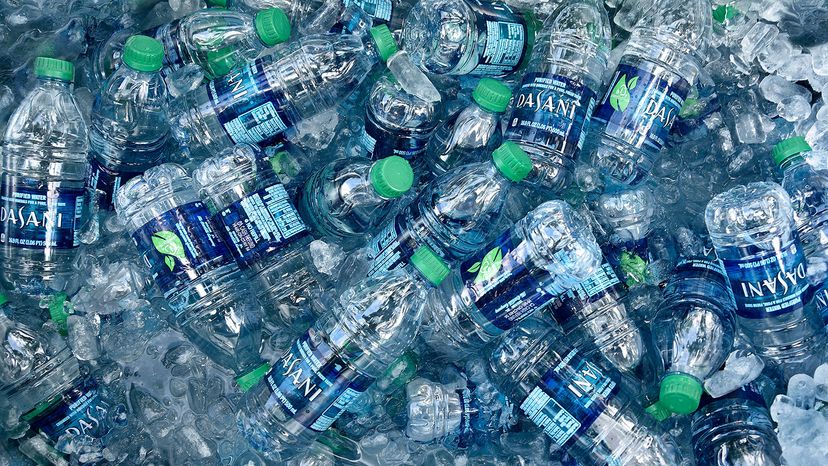
The "Big Four" brands of bottled water (Dasani, Aquafina, Glacéau Smart Water and Nestlé Pure Life) each account for $1 billion in annual sales in the U.S. alone. That's a lot of bottled water! Although people drink most of it pretty quickly, some might stock up on it long-term for emergencies or if they get a great deal on bottled water.
But is storing bottled water for a few months (or years) a bad idea? You may have seen a "sell-by" or "best-by" date on your bottle of water, but what does that mean? Can a natural liquid like water really expire?
Advertisement
